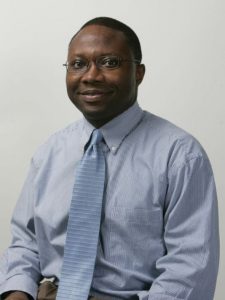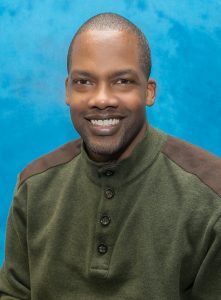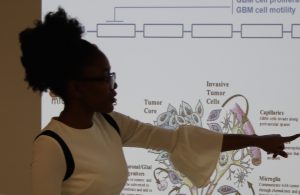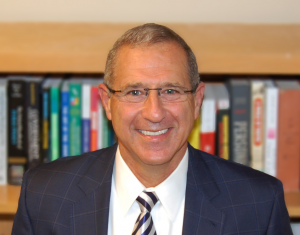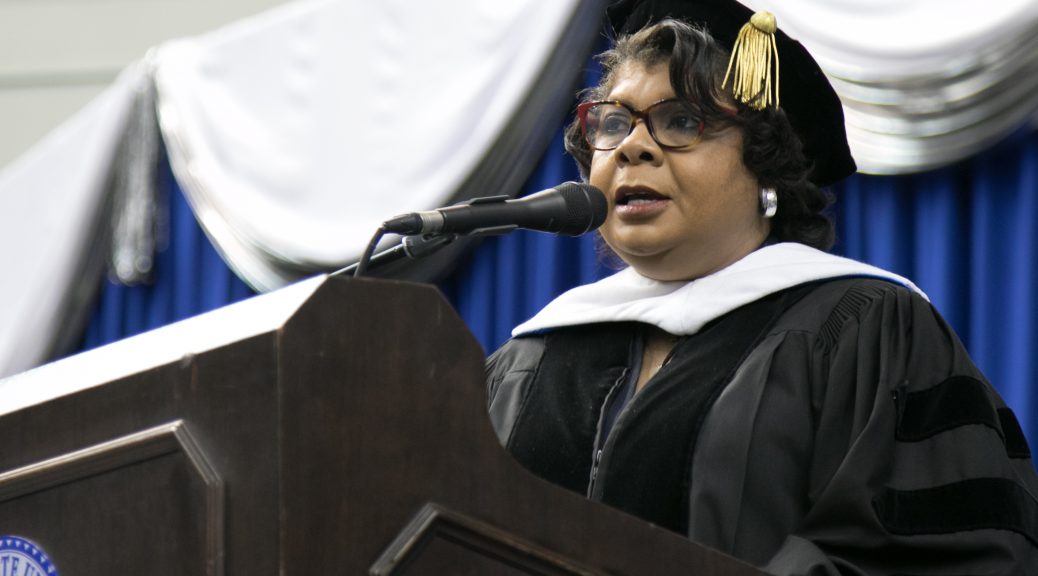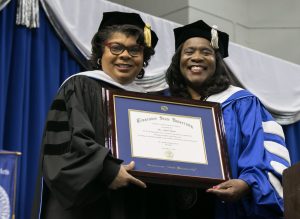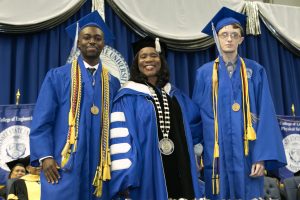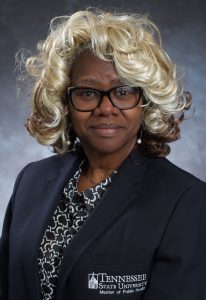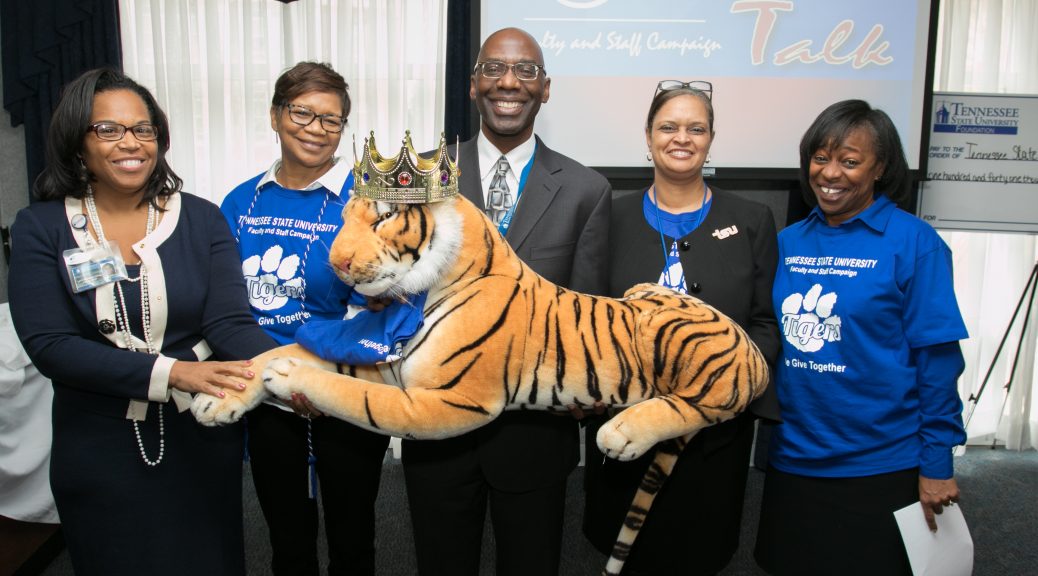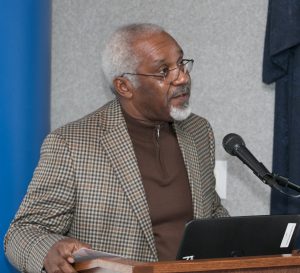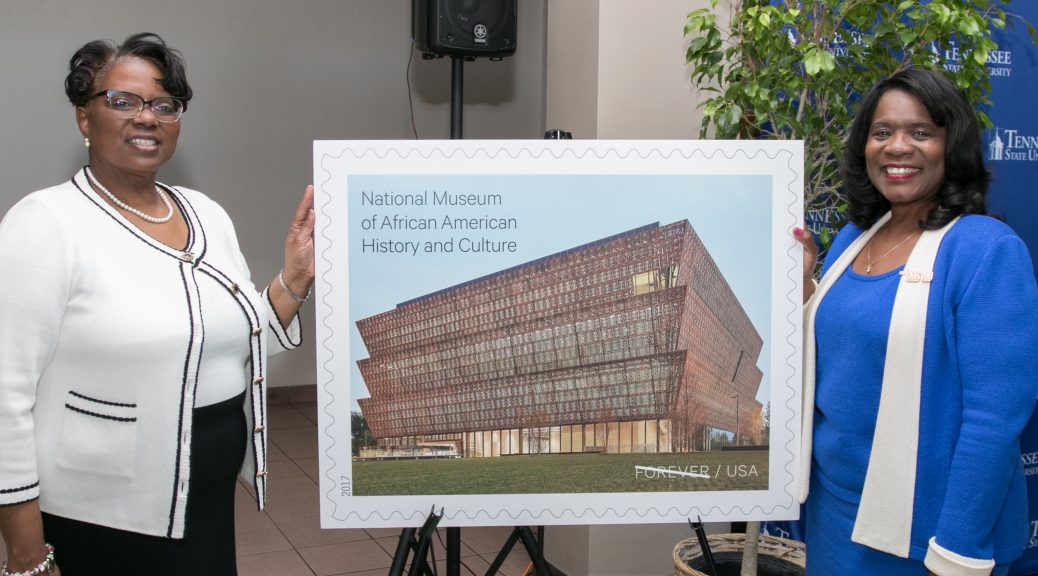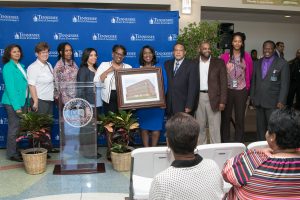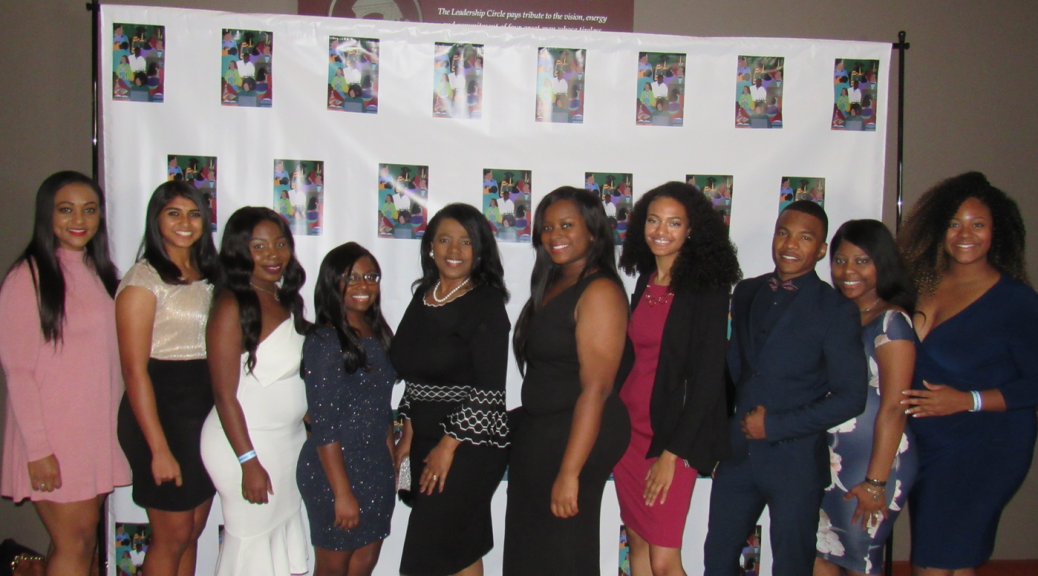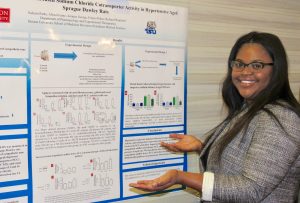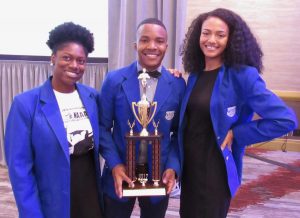NASHVILLE, Tenn. (TSU News Service) – Delores Williams is all about helping people. It keeps her very busy, but she doesn’t mind.
With a fulltime job at Tennessee State University as the office manager in the College of Liberal Arts, Williams also runs Star Ministries, Inc., a non-profit organization in south Nashville that caters to the hungry and needy in the community. She receives no pay for her services at Star Ministries.
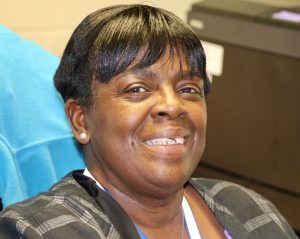
“I love people,” said Williams, when asked how she is able to balance the demands of students, faculty and staff and still reach out to the hundreds who come to Star Ministries. “My passion comes from wanting to help in any way I can to make another person’s life better, and that keeps me going.”
Making other people’s lives better has been a major part of Williams’ life work for nearly a quarter-century, but she doesn’t do it alone, she points out.
“I have been blessed with some wonderful people and organizations that are willing to work day or night to help us touch the many lives we try to reach,” Williams said.
Williams gets help from volunteers, including TSU staff, students and others from the community, especially Morning Star Missionary Baptist Church, where Star Ministries first started more than 20 years ago as a food bank for Second Harvest.
The U.S. Department of Agriculture food program also assists, in addition to a twice-a-year food drive with help from community partners like Fellowship Bible Church, Vine Glenn Missionary Baptist Church, Kappa Alpha Psi fraternity, and Delta Sigma Theta sorority.

As Christmas approaches, Williams, like in years past, also takes on the role of Santa, making sure needy children in the community enjoy the spirit of the season. For instance, on Dec. 14, she and her volunteers distributed toys to the nearly 200 children at Dudley Head Start Center in Nashville. The toys were collected through donations from volunteers and the community.
LaQuisha Soles, the center’s director, said Williams brings “hope” to the children because many “do not even know what Christmas is because their parents cannot afford gifts.”
“So this is a great benefit for the children because they are receiving something,” Soles said. “We are so thankful. This is a great and wonderful opportunity for these children.”
For Williams, making sure the hungry is fed remains a major mission.
Each month, she and her volunteers provide about 300 food boxes to the hungry at the food pantry in south Nashville. A pre-Thanksgiving dinner provides a “home-cooked meal” for more than 500 in the community on the third Saturday in November of each year. They also conduct an Angel Tree for kids at Kips Academy, take the homeless shopping as part of a partnership with Target, and serve barbecue to residents at the Nashville Rescue Mission.
“These people need us. There is nothing like a good, home-cooked meal and to know someone cares,” Williams said. “If not us then who? I am so thankful for the generosity of our volunteers and community partners who make sure we are able to do what we do.”
Wanda Richardson, payroll supervisor in the accounting and payroll department at TSU and a member of Morning Star Missionary Baptist Church, has been a volunteer at Star Ministries for nearly seven months. She said Williams’ passion to help others is “unbelievable.”
“Delores gets so excited when she talks about her program,” Richardson said. “The excitement she brings is spiritual and infectious. For example, when Delores called and told me about the toy program, all I did was ask, ‘how can I help?’ ‘We need toys for the kids,’ she said. I went back to TSU and asked some of the people in my area to help and instantly we collected more than 90 toys. She is really an inspiration.”
Williams’ boss at TSU, Dr. Gloria Johnson, described the great-grandmother of four as a very dependable and dedicated worker and compassionate person, who will go out of her way to help students, just like she does in the community.
“Students are always flocking to her because of how understanding and helpful she is to them,” said Johnson, who is dean of the College of Liberal Arts. “It does not surprise me that she reaches out to help in the community because that’s just the kind of person she is. She demonstrates that here at work every day. I always look forward to contributing to her annual toy drive because I know she cares.”
Fred Cawthon, a deacon at Morning Star, has been a volunteer with Williams since she started the outreach ministry. He said Williams is a “great advocate” for helping others.
“Ms. Delores reaches out to everybody in need of anything – burned out, child abuse, spousal abuse, you name it she’s there,” Cawthon said. “She gives without expecting anything in return and that’s why I like her spirit.”
Department of Media Relations
Tennessee State University
3500 John Merritt Boulevard
Nashville, Tennessee 37209
615.963.5331
About Tennessee State University
With more than 8,000 students, Tennessee State University is Nashville’s only public university, and is a comprehensive, urban, co-educational, land-grant university offering 38 bachelor’s degree programs, 25 master’s degree programs and seven doctoral degrees. TSU has earned a top 20 ranking for Historically Black Colleges and Universities according to U.S. News and World Report, and rated as one of the top universities in the country by Washington Monthly for social mobility, research and community service. Founded in 1912, Tennessee State University celebrated 100 years in Nashville during 2012. Visit the University online at tnstate.edu.

